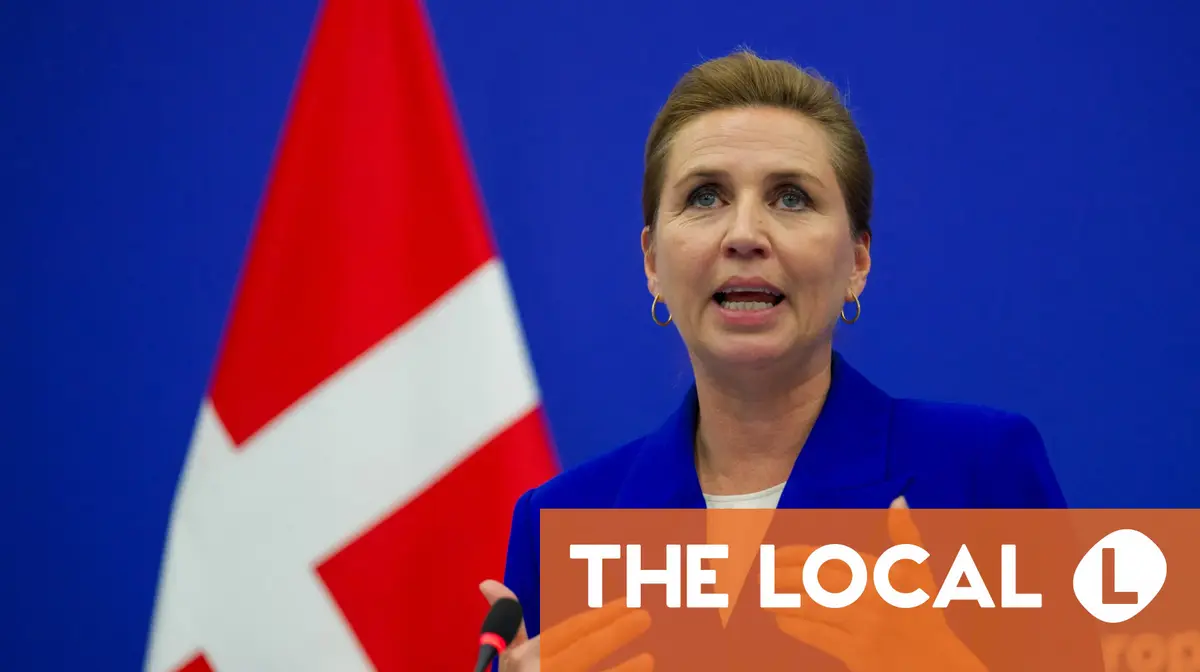NATO comments on Copenhagen airport drones, new report on food prices and first frost of the autumn arrives. Here’s the news from Denmark this Wednesday.
NATO warns Russia over airspace violations
NATO yesterday said it was “too early to say” whether Russia was responsible for Monday’s drone flights over Copenhagen and Oslo airports, but warned Moscow to stop an “escalatory” pattern of airspace violations along its eastern flank.
Ukrainian President Volodymyr Zelensky denounced what he called a Russian violation of Denmark’s airspace, in a message on X.
Moscow denied involvement, with Kremlin spokesman Dmitry Peskov dismissing Frederiksen’s comments as “unfounded accusations”.
Prime Minister Mette Frederiksen told broadcaster DR she could “not rule out” that Russia was behind the drone activity.
“This is part of the development we have recently observed with other drone attacks, airspace violations, and cyberattacks targeting European airports,” Frederiksen said in a statement sent to news agency AFP.
She referred to similar drone incidents in Poland and Romania and the violation by Russian fighter jets of Estonia’s airspace, which have raised tensions in light of Russia’s ongoing invasion of Ukraine.
The governments of Poland, Estonia and Romania have pointed the finger at Moscow for those incidents, with the Kremlin brushing off the allegations.
Aalborg to spend millions on climate protection in harbour
Aalborg’s city council has agreed to allocate an additional 45 million kroner to protect the city from the effects of climate change, particularly around the harbour area.
The spending is part of the city’s 2026-2029 budget, which was approved last night according to broadcaster DR.
The city is also set to spend over 56 million kroner annually improving elderly care in the municipality. A further 315 care home places are planned.
Advertisement
Cuts are coming at the town’s job centres, meanwhile, with 89 million kroner less budgeted. Job centres are undergoing significant downsizing nationally in line with central government policy.
The Aalborg budget is expected to be approved on October 8th.
Central bank analysis reveals huge rise in food prices
A new analysis from the National Bank reveals the extent of rising food prices in Denmark, with costs up by 32 percent since 2021.
Global factors have been decisive in skyrocketing daily costs, according to the central bank.
“Pressure on the market is caused by insecurity around supplies after the Covid pandemic, the war in Ukraine and trade conflicts,” it wrote.
“At the same time, production has been reduced globally due to extreme weather conditions related to climate change, such as drought and floods,” it also stated.
We’ll have more detail on this in a separate article on our website today.
First overnight frost of the autumn
Clear weather overnight has resulted in early frosts, with temperatures lower than 1 degree measured in six different locations.
The lowest was Karup in Jutland, which dropped to -0.3 degrees Celsius just before sunrise according to DR.
On average, Denmark does not usually see frosts in autumn until October 4th.
